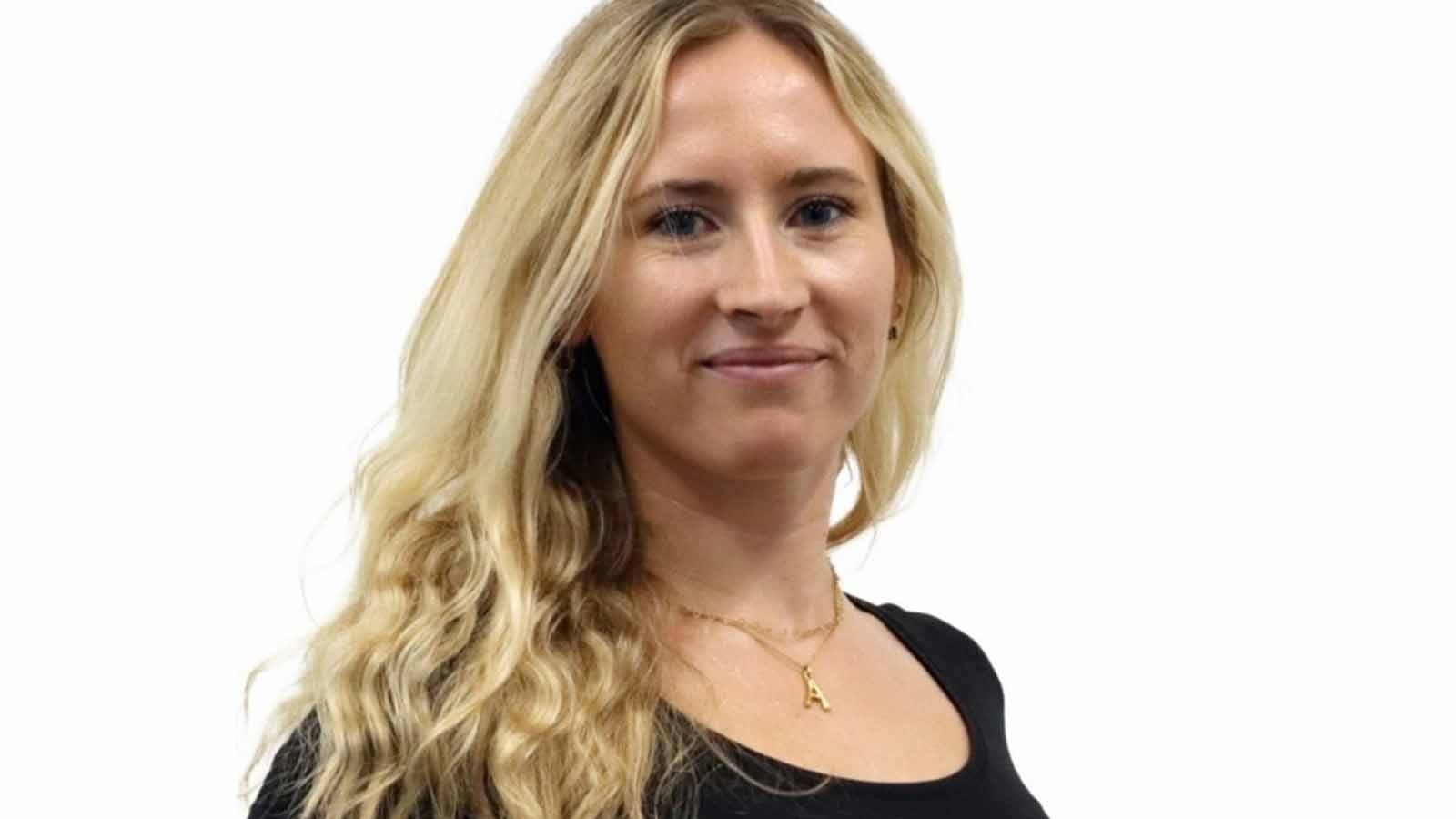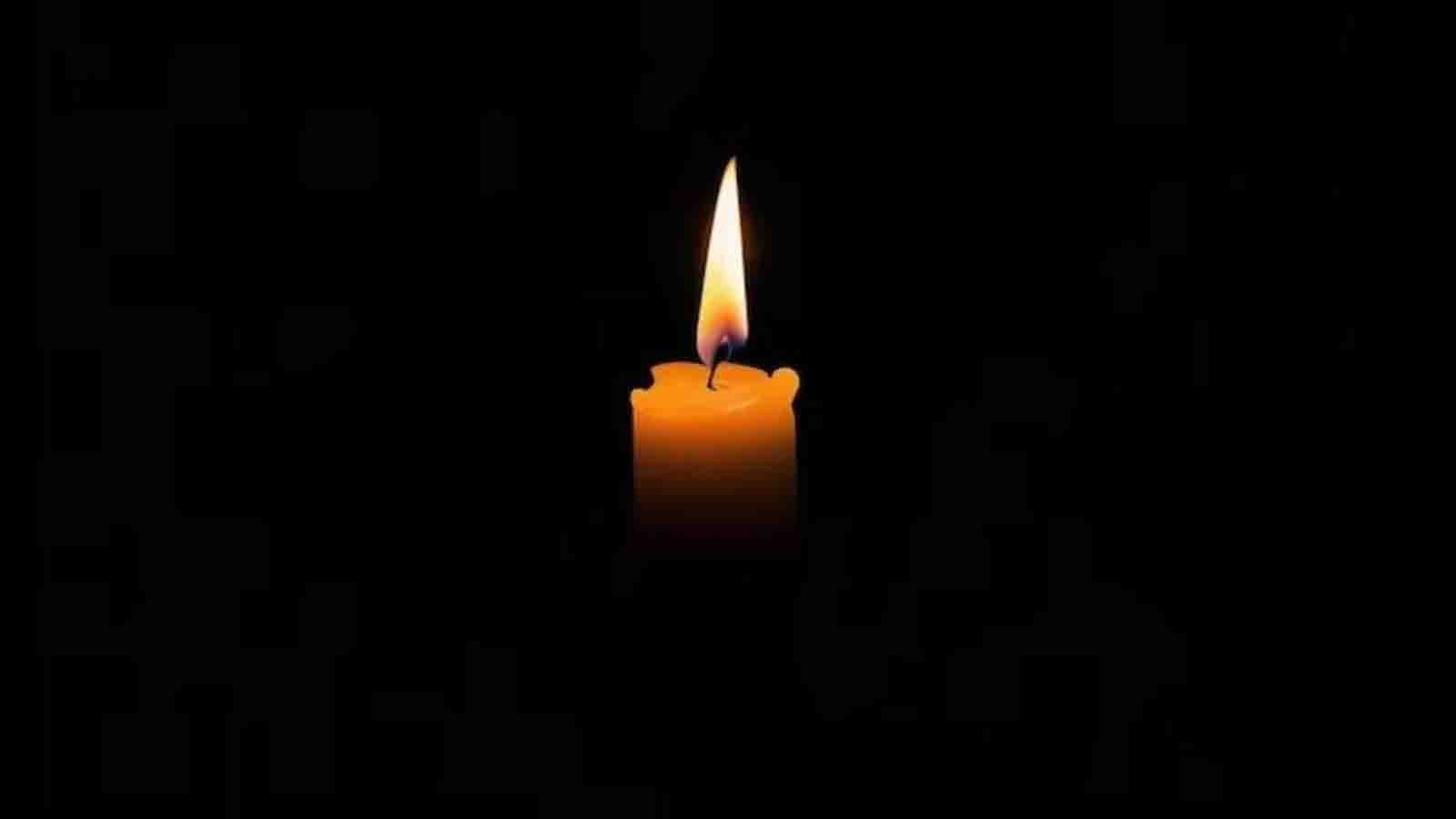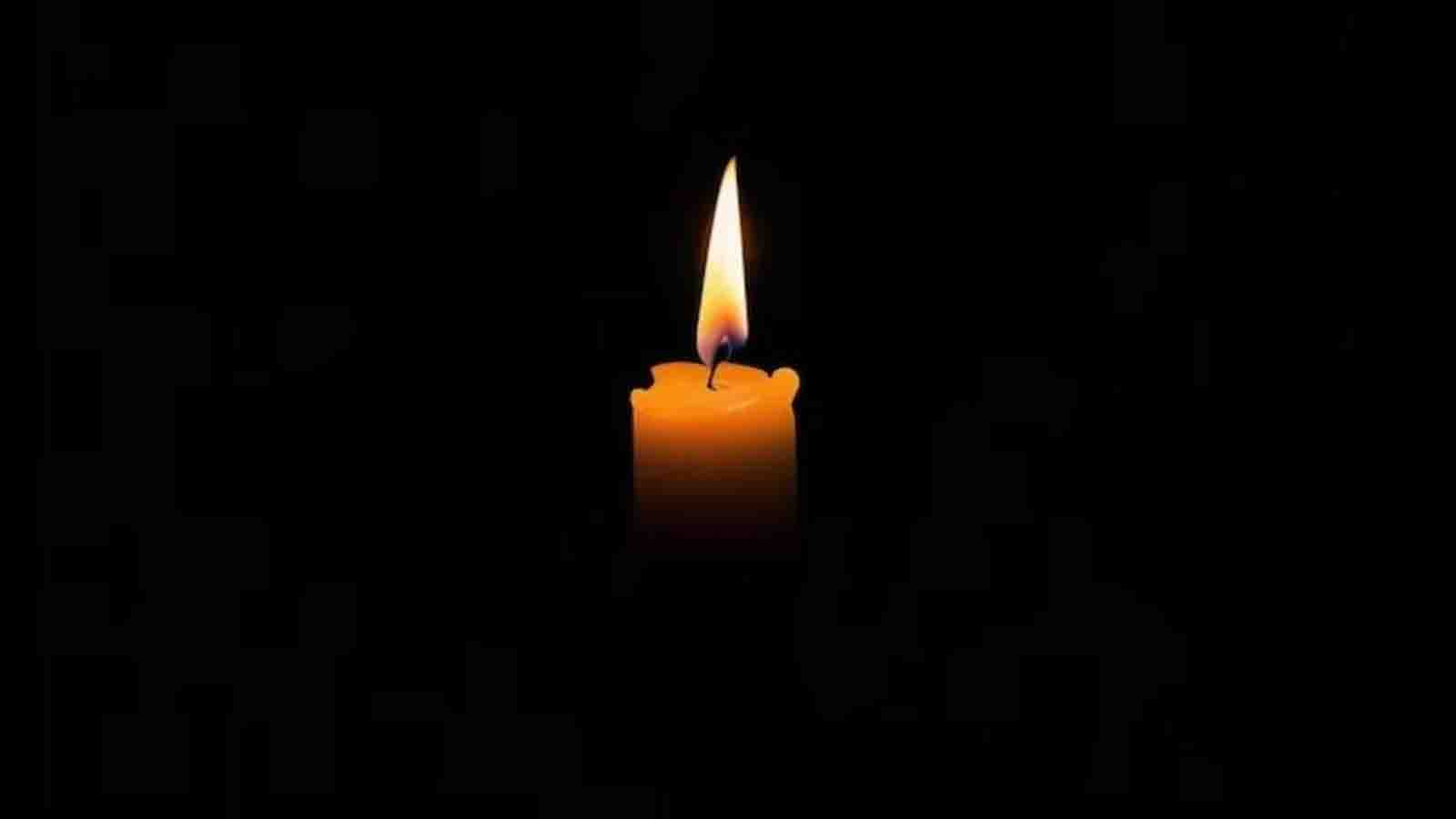Dispelling the myths and rumors surrounding Aimee Drescher’s alleged involvement in a recent human trafficking case and addressing the death hoax that circulated on social media.
In the wake of a perplexing incident involving a plane in France and concerns about human trafficking, rumors have surfaced about Aimee Drescher’s involvement. Additionally, a death hoax regarding Drescher has been circulating, necessitating a thorough investigation to separate fact from fiction.
| Aspect | Detail |
|---|---|
| Name | Aimee Drescher |
| Profession | Clinical Psychologist at Mercy Health |
| Rumored Incident | France Plane Human Trafficking Victims |
| Truth | No connection to the France plane incident |
| Death Hoax | Rumors of her death have been debunked |
| Social Media Trends | Unfounded rumors and hoaxes have been trending |
Is Aimee Drescher Among France Plane Human Trafficking Victims?
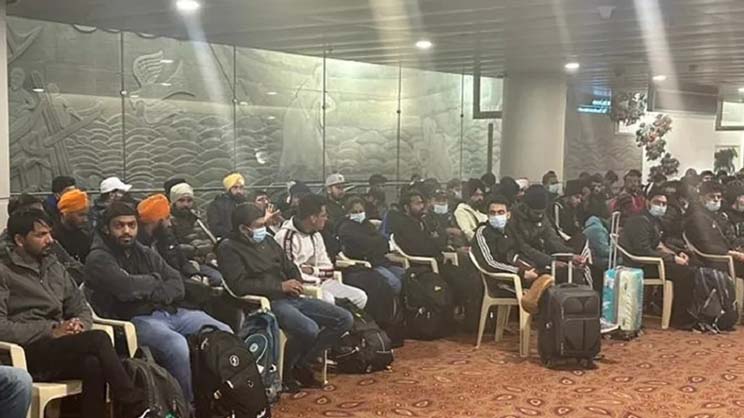
Aimee Drescher, known for her role as a clinical psychologist at Mercy Health, has no connection to the recent incident involving a chartered Airbus A340 in France that raised human trafficking concerns. The rumors linking her to this event are baseless and unfounded.
The incident in question involved a plane carrying Indian nationals, which was detained at Châlons-Vatry Airport following an anonymous tip-off about potential human trafficking. This situation has led to a flurry of speculation and misinformation.
Aimee Drescher’s Death Hoax Debunked
Amidst the confusion surrounding the France plane incident, a death hoax regarding Aimee Drescher began circulating on social media. It is crucial to clarify that these rumors are entirely false, and Drescher is alive and well.
The propagation of death hoaxes has become a worrying trend on social media, often driven by misinformation. It is important to rely on verified sources for accurate information and to debunk such baseless claims.
Why Is Aimee Drescher’s Death Trending on Social Media?
The reasons behind the sudden spread of Aimee Drescher’s death hoax on social media are unclear. It highlights the vulnerability of online platforms to misinformation and the importance of fact-checking.
In an era where news can rapidly spread, ensuring the accuracy of information and responsible sharing is essential. Debunking hoaxes like the one involving Aimee Drescher underscores the need for vigilance in information consumption.
Dynamics of Misinformation and Rumors: A Closer Look
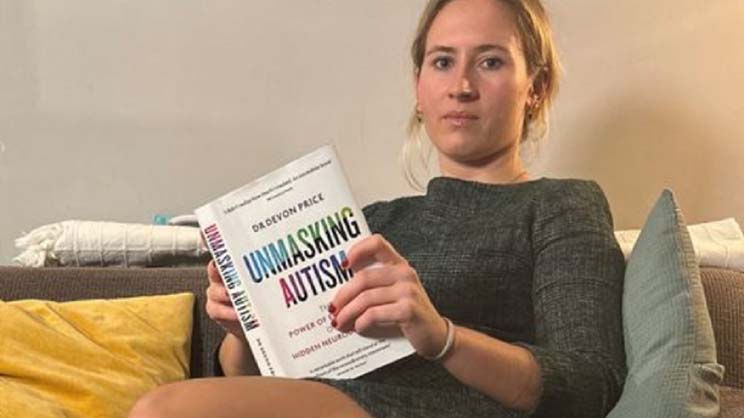
Social media platforms have revolutionized the way information is shared and consumed. However, this has also led to the rapid spread of rumors and misinformation, as seen in the case of Aimee Drescher. The ease with which false narratives can circulate on these platforms poses a significant challenge to maintaining factual accuracy.
In the era of digital media, discerning fact from fiction has become increasingly complex. Users are often bombarded with a mix of verified news, rumors, and outright falsehoods. Developing skills in media literacy and critical thinking is essential to navigate this landscape effectively. Understanding the source and context of information is key to avoiding the pitfalls of misinformation.
Debunking Myths in the Digital Era
Fact-checking is an essential tool in the fight against misinformation. Rigorous verification of information by individuals and organizations helps to maintain the integrity of news and information. The Aimee Drescher incident underscores the importance of not taking information at face value and seeking out reliable sources for confirmation.
Journalists and media outlets have a responsibility to uphold the highest standards of accuracy and integrity in their reporting. This includes verifying information before publication, avoiding sensationalism, and correcting errors promptly. Responsible journalism is crucial in maintaining public trust and ensuring that the information ecosystem is not polluted with falsehoods.
The Psychological Aspect of Rumors and Hoaxes
Understanding why people share misinformation can help in addressing this issue. Often, individuals share rumors or false narratives due to a lack of knowledge, the desire to be the first to share information, or because the information aligns with their existing beliefs. Emotional responses can also drive the spread of misinformation, as sensational or shocking content is more likely to be shared.
Read: Lee Sun Kyun: Was Cancer Linked To Death And Obituary?
Combating Misinformation at the Individual Level
Individuals can play a significant role in combating misinformation by being cautious about the information they share and educating themselves on how to identify credible sources. Verifying information before sharing and being skeptical of sensational headlines are practical steps everyone can take.
The spread of misinformation can have serious implications for society and public discourse. It can lead to misinformed decisions, polarize communities, and erode trust in institutions. Ensuring the accuracy of information that circulates publicly is vital for a healthy democratic society.
Combating misinformation requires a collective effort from individuals, media organizations, tech companies, and policymakers. Promoting media literacy, enforcing standards of accuracy, and developing technology to identify and flag false information are essential strategies in this endeavor.
Conclusion
The dynamics of misinformation and rumors in the digital age present ongoing challenges. The case of Aimee Drescher is a clear example of the speed and scale at which misinformation can spread. Addressing this issue requires concerted efforts across various sectors, underpinned by a commitment to truth and accuracy.

